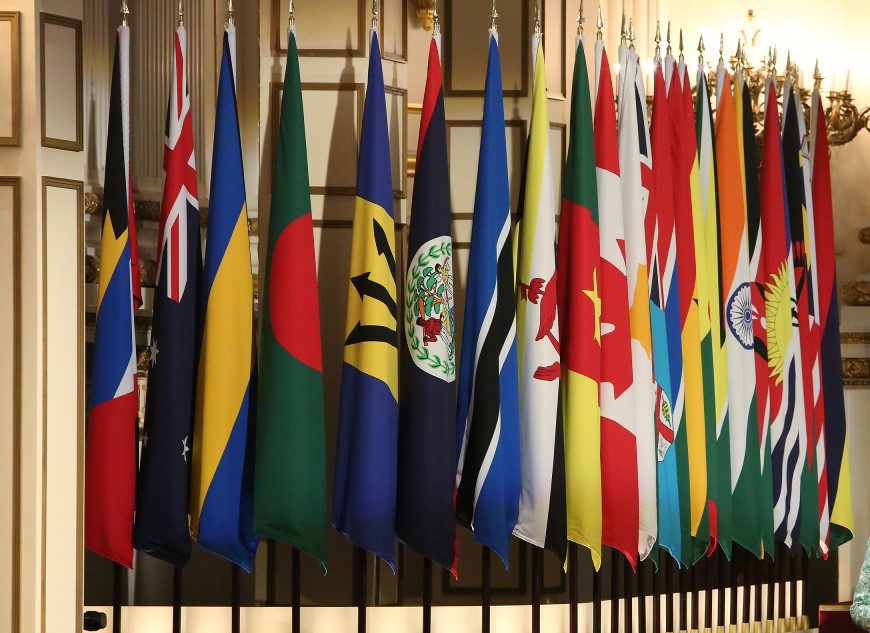In recent times, the global narrative surrounding former colonial powers and their relationships with once subjugated nations has shifted dramatically. As we’ve observed the pivot in France’s strategy towards Africa, with President Emmanuel Macron striving for a reinvention of Franco-African ties, we are left pondering the fate of other long-standing institutions like the Commonwealth.
France’s troubled history with its former African colonies has given rise to scepticism among Africans. Despite Macron’s apparent strides in bridging the gap—apologising for historical injustices, returning cultural treasures, and proposing economic reforms—distrust remains palpable. France’s past misdeeds still loom large, with the shadows of ‘la Françafrique’ proving difficult to shake off. As protesters in Gabon and DRC have demonstrated, historical bonds, no matter how much they evolve, can also bind in unwelcome ways.
Parallel to this evolving Franco-African relationship, there’s a rising tide of anti-colonial sentiment across the continent. African nations are becoming increasingly assertive, rejecting old norms and seeking new partnerships beyond their traditional allies. With China and Russia courting African countries aggressively, the continent’s geopolitical significance has never been clearer.
This begs the question: where does this leave the Commonwealth in Africa? The Commonwealth, a 54-member organisation, many of whose members are former territories of the British Empire, prides itself on shared values, governance, and mutual respect. But is this association on borrowed time in Africa, just as France seems to be experiencing?
France’s current struggle offers a lens through which the Commonwealth’s future can be viewed. If Macron, arguably the most Africa-forward French president to date, faces challenges in reinventing ties, then the Commonwealth too will have to grapple with evolving its relationship.
While the Commonwealth lacks the military entanglements that have complicated France’s role in Africa, there are other issues at play. The organisation’s influence on the continent has diminished over the years, and its effectiveness in championing democratic values and governance is sometimes questioned. Furthermore, while the Commonwealth espouses mutual respect and equality, the power dynamics of the past are hard to entirely escape.
Yet, all is not bleak. The Commonwealth provides a unique platform for multilateral dialogue, trade, and cooperation that isn’t solely centred on a former colonial power. Moreover, the ethos of the Commonwealth prioritises mutual growth and understanding. Such a foundation, if genuinely embraced, can offer a different path than the one France currently treads.
The recent events surrounding France’s ties with Africa underscore the necessity for introspection and evolution among former colonial powers and their institutions. For the Commonwealth, the path forward lies in deeper engagement with African member nations, understanding their aspirations, and collaboratively shaping a future that reflects shared goals and equal partnership.
Although the Commonwealth’s future in Africa is by no means guaranteed, it’s not destined for the challenges France currently faces either. With proactive engagement, genuine respect, and a forward-looking approach, the Commonwealth can still craft a relevant and vibrant future in Africa.
Image Credit: The Queen at the Formal opening of CHOGM by Commonwealth Secretariat, under CC BY-NC 2.0




